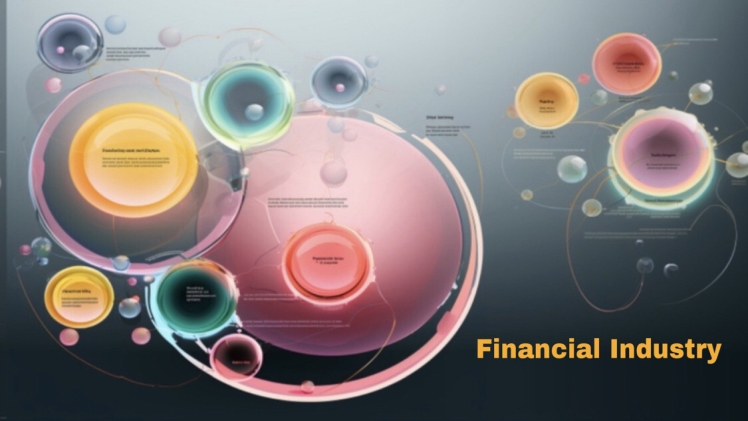Introduction:
In the rapidly advancing landscape of the 21st century, technology stands as a dynamic force reshaping the very fabric of our existence. From the dawn of the internet to the proliferation of artificial intelligence, technology has become an inseparable part of our daily lives, revolutionizing how we communicate, work, and perceive the world. This article delves into the multifaceted realm of technology, exploring its profound impact on society, its transformative capabilities, and the challenges it brings to the forefront in our quest for innovation.
Body:
Connectivity and Globalization: Technology, particularly the internet, has redefined the concept of connectivity, making the world more interconnected than ever before. The digital highways enable instant communication and collaboration across geographical boundaries, fostering a sense of global community. From social networks to business collaborations, technology has become the conduit for a new era of globalization, bringing people, ideas, and cultures together in unprecedented ways.
Digital Transformation in Business: The business landscape has undergone a metamorphosis with the infusion of technology. Digital transformation is not merely a buzzword but a fundamental shift in how organizations operate. Automation streamlines processes, data analytics informs decision-making, and cloud computing revolutionizes storage and accessibility. In this digital age, businesses that embrace technological advancements gain a competitive edge, driving innovation and efficiency.
Artificial Intelligence and Machine Learning: Artificial Intelligence (AI) and Machine Learning (ML) represent the pinnacle of technological achievement, endowing machines with the ability to learn and adapt. AI applications range from personal assistants and autonomous vehicles to advanced healthcare diagnostics. Machine Learning algorithms analyze vast datasets, uncovering patterns and insights that reshape industries and redefine the boundaries of what technology can achieve.
The Internet of Things (IoT): The Internet of Things (IoT) extends the digital frontier by connecting everyday devices to the internet, creating a network of interrelated systems. Smart homes, industrial sensors, and wearable devices exemplify the impact of IoT, enabling automation, enhancing efficiency, and creating a more connected and responsive environment.
E-Commerce and Digital Transformation: The rise of e-commerce epitomizes the transformative power of technology in the retail sector. Online platforms offer consumers unparalleled convenience, reshaping purchasing habits and expectations. Beyond transactions, digital transformation in commerce encompasses personalized marketing, data-driven insights, and an immersive customer experience.
Education and Remote Learning: The digitization of education has democratized learning, breaking down traditional barriers to access. Technology facilitates remote and online learning, providing a flexible and inclusive educational experience. From virtual classrooms to interactive e-learning platforms, technology is revolutionizing education, empowering learners to pursue knowledge beyond physical constraints.
Cybersecurity Challenges: As technology evolves, so do the challenges associated with cybersecurity. The interconnected nature of digital systems creates vulnerabilities that cyber threats exploit. Safeguarding sensitive data, ensuring privacy, and fortifying digital infrastructures have become paramount in the face of ever-evolving cyber threats.
Environmental Concerns: The rapid pace of technological evolution has raised environmental concerns, particularly in the form of electronic waste (e-waste) and energy consumption. Sustainable practices, recycling initiatives, and the development of eco-friendly technologies are essential to mitigate the environmental impact of our technological pursuits.
Ethical Considerations in Technology: With great technological power comes the responsibility of ethical considerations. Issues like algorithmic bias, data privacy, and the ethical development of emerging technologies demand thoughtful scrutiny. As we navigate the digital frontier, ethical frameworks and responsible practices are crucial to ensure that technology serves humanity rather than exacerbating societal challenges.
Conclusion:
Technology, as the driving force of the digital epoch, has transformed the way we live, work, and connect. From enhancing global connectivity to reshaping industries and fostering innovation, its impact is undeniable. However, as we embrace the opportunities technology brings, we must also confront the challenges it poses—from cybersecurity threats to ethical dilemmas and environmental concerns.
The journey through the technological landscape requires a mindful and balanced approach. Embracing innovation while addressing challenges demands collaboration, ethical considerations, and a collective commitment to harnessing the power of technology for the betterment of society. As we navigate the ever-evolving realm of technology, the fusion of innovation and responsibility will continue to shape the narrative of our interconnected and digitally-driven future.

